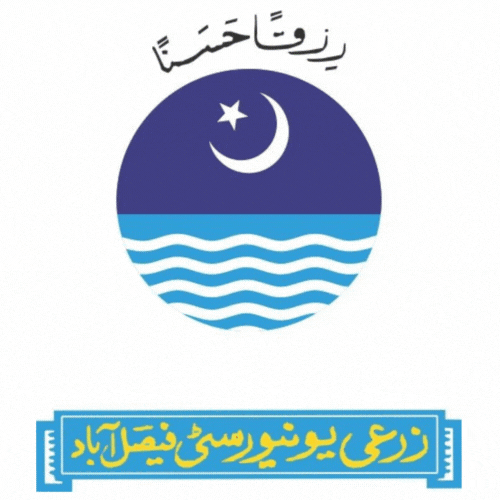
National Seminar on Water for Human Development
The country is exporting 2 billion dollar rice at the heavy expense of water as rice consumes 4000 litres for one kg production only, in the situation when Pakistan is placed in red zone in water scarce countries. This was stated by University of Agriculture Faisalabad Vice Chancellor Prof Dr Iqrar Ahmad Khan. He addressed the National Seminar on Water for Human Development at New Senate Hall arranged by Water Management Research Centre. He said: water crisis is deepening. In this scenario, it is the need of the hour to switch our focus on water efficient crops. The per capita water availability has reached to 1000 cubic metre compared to 5000 cubic metre availability in 1947. He said that it is also a matter of the concern that the country was importing pulse and edible oil worth 4 billion dollar. If we become self sufficient in edible oil, we can save the money. He also added that severe water crisis looms and can cause devastation in coming years if steps were not taken to sensitize people about rational use and to increase water storage capacity. The Vice Chancellor said no life without water. The canal system gave the life to many areas including Faisalabad which has become industrial hub of the country. Otherwise, before the canal system, it was wearing a deserted look. The seminar was also addressed by WMRC Director Prof Dr Allah Bakhsh, Dr Amna Khan from Mehboob-ul-Haq Human Development Centre LUMS, Umar Ikahlaq Malik, Nazam Maqbool and others. Prof Dr Allah Bakhsh said that along with surface water, ground storage water must be increased. We are pumping heavy ground water with the use of the tubewells. He also suggested setting up a mechanism of recycling the water for making it re-useable. He also stressed the need to improve the sanitation facilities across the country. Amna Khan said that water has not been top of policy agenda in the South Asia. She said that water was one of the critical areas for achieving the sustainable development goals. She said that mixture of policy interventions and civil society actions can determine the path for reducing the water and sanitation crisis. She said that impact of climate changes is threat for the people well being in South Asia by affecting water resources. Umar Ikhlaq called for creating the pricing mechanism on the water. He said that 40 percent of the surface water is wasted. He also called for modern methods of conserving the water in agriculture. He said that in South Asia, Pakistan, India and Bangladesh are facing the severe threat of water shortage.Nazam Maqbool said that the climate changes are resulting in meting down the glacier, raising the alarm bell regarding acute water shortage after a couple of decades.
